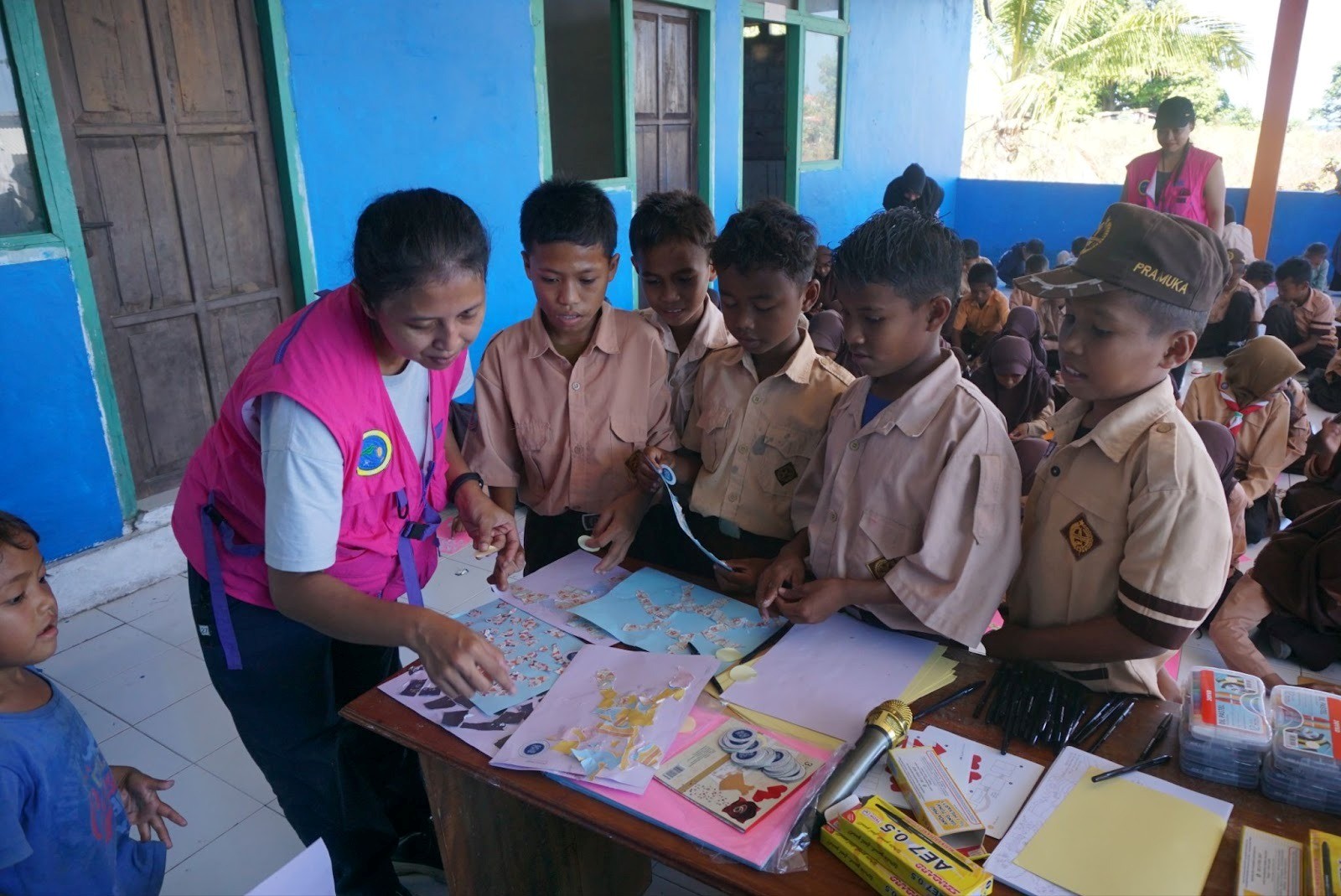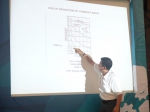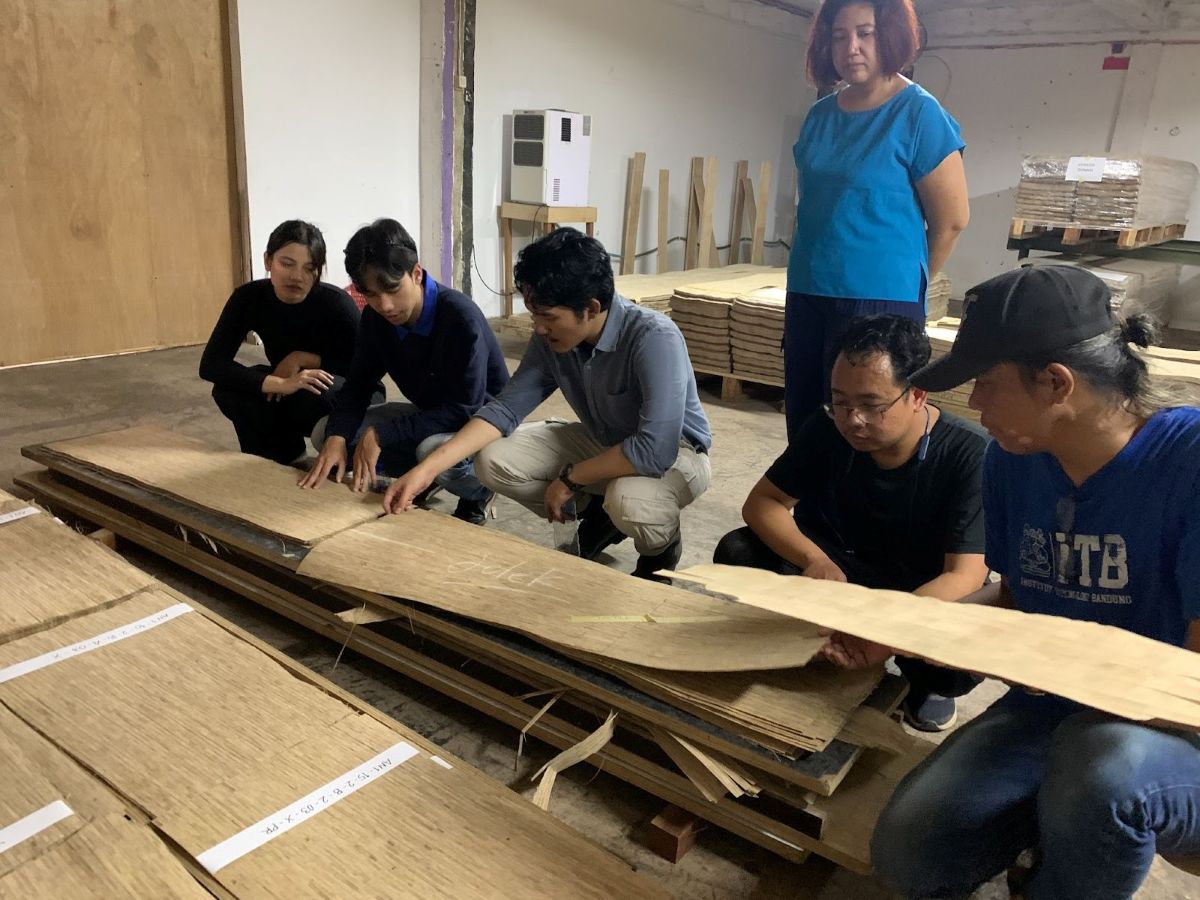Following On The Smart City Model and Its Stages in Indonesia
By Adi Permana
Editor Adi Permana

BANDUNG, itb.ac.id – Researchers from Center for City Innovation and Smart Communities (PIKC) ITB, have researched and measured about building a city towards a smart city. According to their results, differences are found in the meaning of smart cities between developed and developing countries.
The Director of Information Systems and Technology ITB, Dr. Arry Akhmad Arman explained this in the Indonesian Digital Transformation Research Activity and Rating of Smart Cities in Indonesia (RKCI), on Monday (2/8/2021). Dr. Arry himself is a researcher at PIKC ITB regarding the RDTI and RKCI activities.
He explained the definition of a smart city as a city that can solve city problems with smart solutions that make use of resources (especially technology) very efficiently to provide smart services to improve the quality of life, supported by cultural transformation efforts towards a smart society.
He further explained that the previously mentioned city problems can be fixed with smart solutions. Characteristically, “Smart Solution” are solutions that are reliable, sustainable, highly efficient, responsive, integrated, resilience, and scalable.
Regarding the Smart City purpose to improve the quality of life, there are three measurement indicators, including:
1. Quality of Life
2. Smartness Level (to change)
3. Transformation Readiness Indicator
Dr. Arry Akhmad Arman then explained that Smart City can be achieved with several stages; Initial, Scattered, Integrated, Mature, and Smart.
Transformation in Smart City
Transformation in smart city, as explained by Dr. Arry, is the progress of a City changing to a Smart City. Due to this, there should be readiness in digital transformation based on four aspects; people, process, technology, and data management. Changing the society is the hardest part. The society transformation includes digital literacy and digital talents.
The series of RKCI Research activities were also explained by Dr. Arry.
In his closing, he stated that smart city research in Indonesia will benefit the cities to get information progress and comparisons with other cities, so that they can understand their position and get further information on improvable things. In addition, other cities can learn from cities that have succeed in certain fields and measure their own readiness for transformation towards a smarter city.
Reporter: Dheamyra Aysha Ihsanti (Perencanaan Wilayah dan Kota, 2019)
Translator: Tamara Maharani Alamsyah (Seni Rupa 2020)

.jpg)


.jpg)
.jpg)


